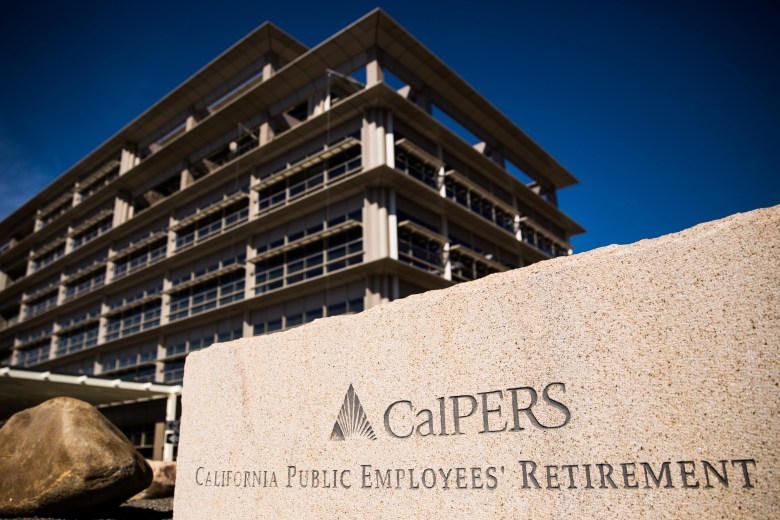
CalPERS, the biggest public pension plan in the United States, said on Monday it would vote against all Exxon Mobil board members at its upcoming annual meeting on May 29, citing the oil major’s legal action against activist investors.
Exxon, which is frequently the focus of critical shareholder resolutions, filed a lawsuit earlier this year seeking to block a vote on a climate proposal submitted by two small activist investors, sidestepping the usual regulatory process to fend off similar measures.
The investors withdrew their resolution but Exxon continued the lawsuit, seeking legal costs and other relief.
CalPERS, which has about $490 billion in assets under management, said in a statement the legal action could diminish investor rights.
Its vote is “more than symbolic”, even though there is no alternative slate of directors, CalPERS CEO Marcie Frost told reporters. She aimed to send a message to the board that “if they don’t want to do the governance they should step aside,” Frost said.
Exxon said in a statement its “efforts are intended to get clarity on the rules to foster an environment for open and meaningful shareholder dialogue.”
The company added it had engaged with CalPERS, which it considered had made a “poor fiduciary decision.”
CalPERS holds 8.45 million Exxon shares, giving it a stake of about 0.19%, according to LSEG data. It has been influential in previous director elections, notably in 2021 when it backed a successful board challenge aiming to position the firm better for the energy transition.
Frost said she had spoken to Exxon CEO Darren Woods and as far as she knew as of now the litigation was still moving forward.
Activist groups have been asking CalPERS to divest from Exxon for years. Frost said she wanted to distinguish between engagement to ask Exxon to change its climate policy, and to encourage it to drop this lawsuit.
“I want to keep our attention on the shareholder aspects of Exxon’s decision,” she said. “The problem with divestment when you are CalPERS is you completely lose your voice.”
Proxy adviser Glass Lewis recommended shareholders vote against re-electing Exxon’s lead independent director, citing what it called the firm’s “unusual and aggressive tactics”.
But Exxon has won support from business lobby groups, the U.S. Chamber of Commerce and Business Roundtable, which said the case “exemplifies activist groups’ takeover of the shareholder proposal process to score ideological points”.
